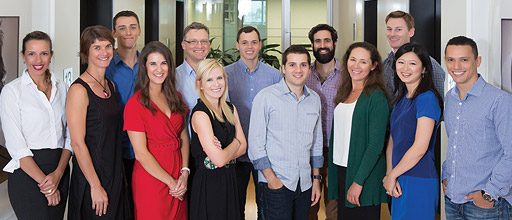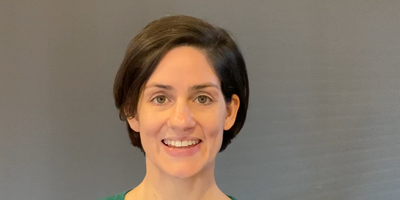
Striving for gender equity in science
Why is it that in Australia, women make up more than half of science PhD graduates but only 17% of senior academics? The George Institute is proud to take part in a national pilot program of universities and research institutes to break down these barriers.
The Science in Australia Gender Equity (SAGE) initiative is aimed at addressing gender equity issues in the Science, Technology, Engineering, Mathematics and Medicine (STEMM) sector. Started by the Australian Academy of Science in partnership with the Australian Academy of Technological Sciences and Engineering, the pilot includes 24 universities, five medical research institutes and two public research agencies. It is based on the successful Athena SWAN Charter program in the UK.
SAGE requires participating organisations to demonstrate with evidence how their workplaces support gender equity as a strategic issue in areas such as retention, progression and pay. Organisations then receive a bronze, silver or gold accreditation according to their rating.
The George Institute Australia Business Manager and Deputy Director of Critical Care and Trauma, Dr Parisa Glass said: “This pilot is critical not just for gender equity in science but also for the future of research in Australia. If we can remove barriers to women realising the full potential of their science careers, then everyone benefits, not just women.”
Executive Director Professor Vlado Perkovic said: “The George Institute has always had strong gender representation across the team, so SAGE is an opportunity for us to be leaders in this area. With the National Health and Medical Research Council announcing a gender equity policy earlier this year to support women in health and medical research, this is an issue of increasing importance in an already competitive funding environment.”
The SAGE pilot was officially launched at Parliament House in Canberra on Wednesday 16 September. Dr Parisa Glass and The George Institute’s HR Manager Lynne Worlock attended the launch.






